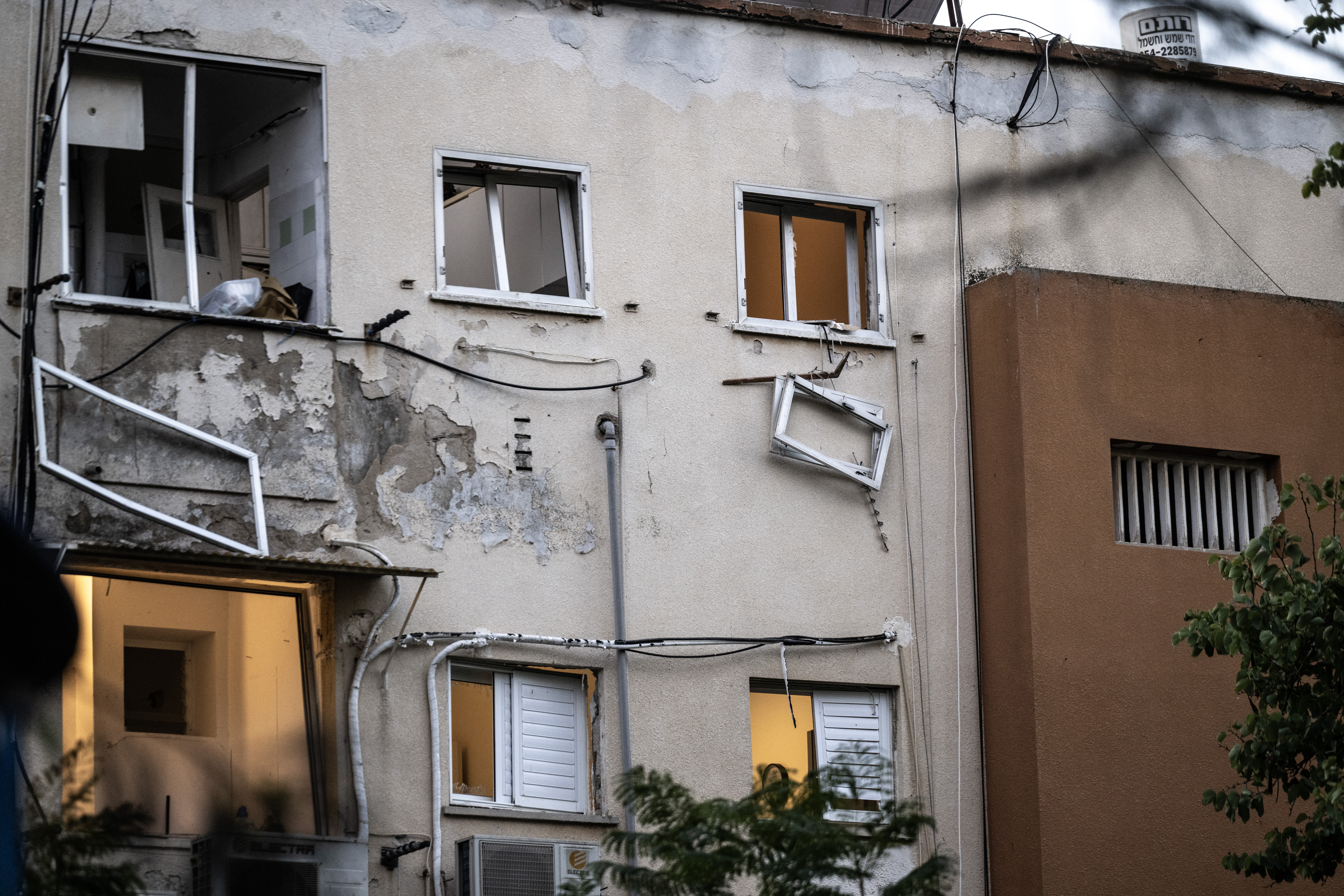A senior Chinese diplomat told foreign envoys last week that China’s de-radicalisation and counter-extremism programmes in the Xinjiang region “are worthy of praise”.
China is increasing its diplomatic and public relations regarding its draconian “re-education” concentration camps in the highly Muslim populated region.
Beijing have been inviting foreign diplomats to visit as it attempts to silence criticisms from the United Nations and Muslim-majority countries.
The Chinese government claims the detention camps are “vocational” and training facilities, which have been very successful in preventing alleged terrorist attacks previously blamed on “Islamist extremists” and Uyghur separatists, but prominent human rights groups have maintained that they are internment camps.
Chinese officials briefed foreign diplomats from at least 80 countries and international organisations in Beijing on Friday 22 February regarding the situation in Xinjiang, the foreign ministry said on Sunday.
Xinjiang’s deputy governor, Erkin Tuniyaz, and deputy foreign minister, Zhang Hanhui, clarified the region’s “development achievements” and their “preventive counter-terrorism and de-extremism work” to the attendees, the ministry said.
Mr Zhang said: “Xinjiang’s counter-terrorism and de-extremism efforts have created a new way to solve the symptoms and root cause of the difficult global issue of counter-terrorism, and are worthy of praise.
Subscribe to our newsletter and stay updated on the latest news and updates from around the Muslim world!
“China will continue to make its due contribution towards the global fight against terrorism.”
The foreign diplomats said China’s clarification had assisted them understand Xinjiang, that what China was doing in the region was vital for the international community in tackling terrorism, and that the “successful experience in Xinjiang was worth studying and drawing on,” the ministry added.
The ministry did state which countries’ representatives had made the comments, or which states’ envoys had attended.
Diplomatic sources confirmed with Reuters last week that diplomats from numerous Western countries would be attending, as well as those from Muslim majority countries close to China who traditionally do not criticise its human rights abuses.
The UN have estimated that at least one million Uyghur Muslims have been forcibly detained in detention centres, which Amnesty International has compared to “wartime concentration camps”.
Former inmates have stated that they were physically and mentally tortured into renouncing Islam and swearing allegiance to the Chinese Communist Party.
China had consistently denied the existence of the camps until last October, and has since claimed it is detaining people guilty of minor crimes in “vocational education centres”.
China has rejected all accusations of mistreatment in the camps.




















